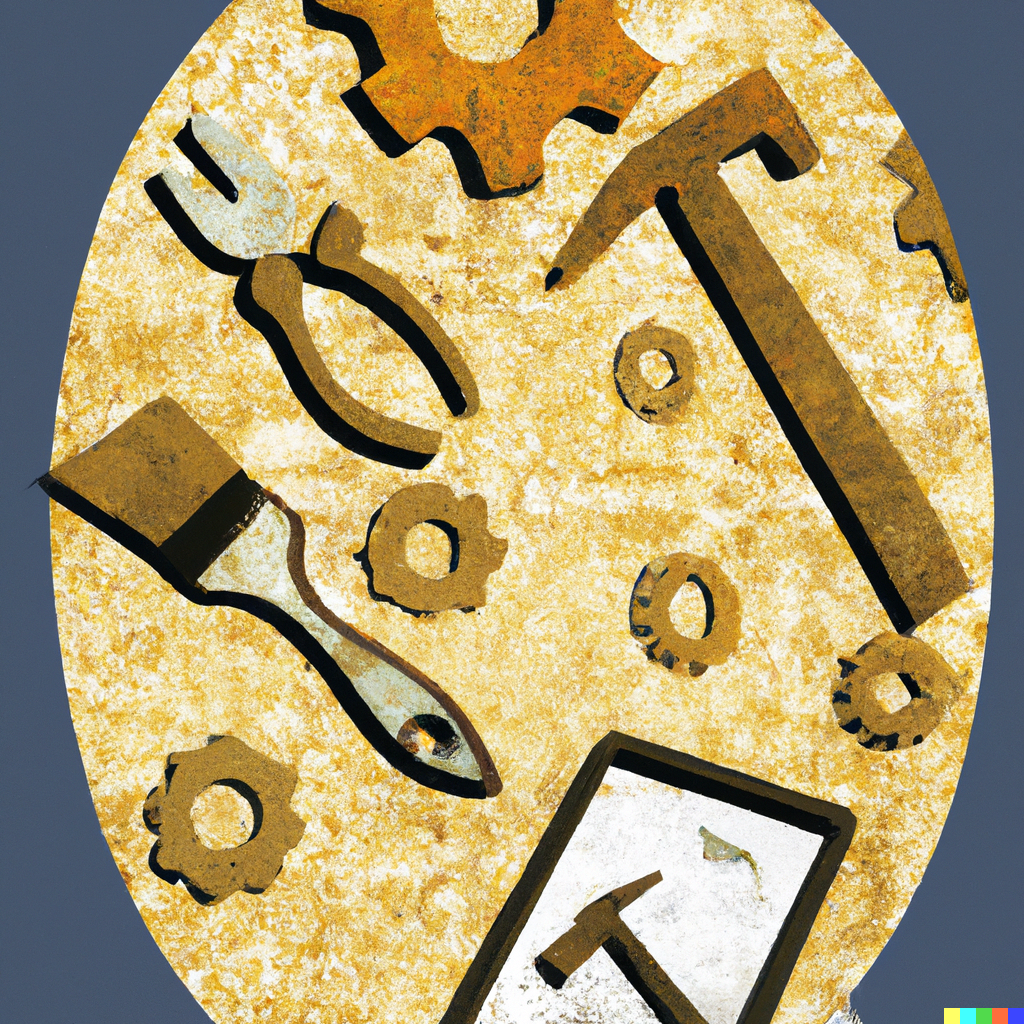Security Analysis Tools
Confidential Computing can ease the trust burden in Software Assurance
The increased complexity of software systems has led to the situation where their security and reliability have become more necessary and more challenging. As a response, researchers and developers are constantly advancing software assurance techniques and tools that increase the assurance productivity. For example, one advancement in software assurance is the use of fuzz testing, which involves automatically generating random inputs to a program in order to find unexpected behavior. Fuzz testing has been shown to be effective at identifying security vulnerabilities that might have been missed by traditional manual testing methods.
The Assurance Tools Used by CEST
Introduction: In a previous article, we discussed the criteria for selecting the right assurance tools for your project. In this follow-up article, we’ll show the specific tools that were chosen in the CEST Assurance Study to address software assurance in the telco and automotive industries. (Some of the tools where changed after the “hands-on examination”). By learning about these tools, you can gain insights into the features and capabilities you should look for when choosing assurance tools for your own projects.
Criteria for Selecting the Right Assurance Tools for Your Project
Introduction: When it comes to software assurance, choosing the right tools can make all the difference. In this article, we’ll share the key criteria to consider when selecting assurance tools, based on the “CEST Assurance Study.” By understanding these criteria, you can make a more informed decision and ensure that your assurance tools will be effective in addressing your project’s specific needs. Criteria Focus on Specific Test Cases: The CEST Assurance Study outlined a list of recommended test cases for software assurance in the telco and automotive industries.


